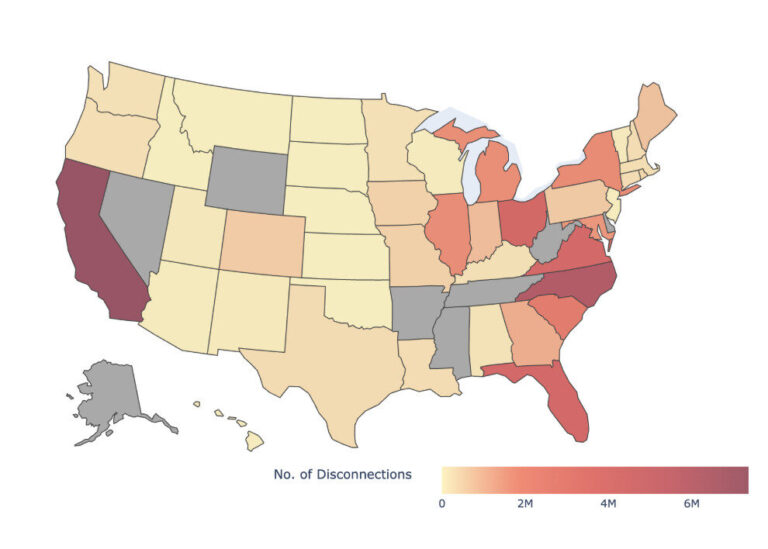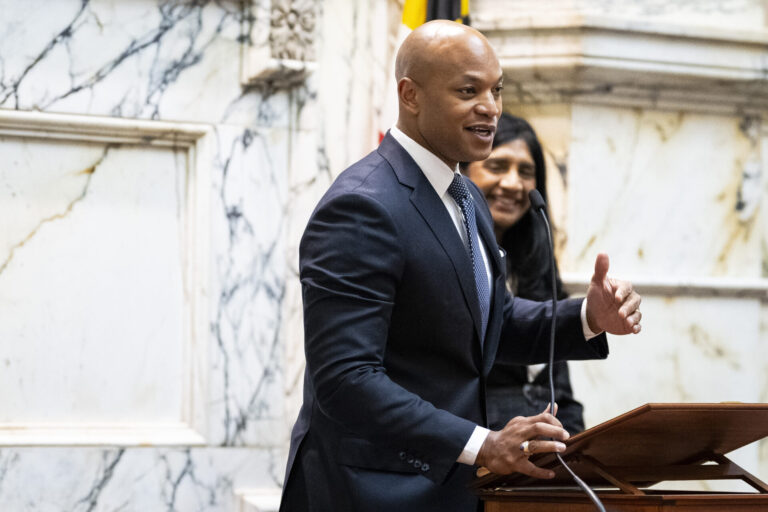National Grid Lobbied Against Massachusetts Bills to Expand Renewable Energy

Electric and gas utility National Grid lobbied in opposition to legislation aimed at promoting renewable energy in Massachusetts, recent lobbying reports show. In the first half of 2020, the company fought measures to enhance both solar and wind energy in the state.
One of bills National Grid opposed will make solar more accessible to lower income residents. Representative Carolyn Dykema’s House Bill 2843, “An Act removing barriers to solar for low-income communities,” looks to provide “equitable access to [solar to] all Massachusetts ratepayers, including low-income ratepayers.” According to Dykema, the bill will lower administrative barriers for low-income solar net metering projects by changing the process through which credits are allocated to customers, and ensure that information about solar programs are provided in a readily accessible manner, including in non-English speaking communities.
“Finding ways to broaden solar’s reach is important for the many among us that haven’t had access to the technology’s direct benefits,” said Paula Garcia, an energy analyst with the Union of Concerned Scientists, during a hearing on the bill last summer. Garcia noted that nearly 40 percent of housing units in the state are renter-occupied, which means that more than 1 million Massachusetts households face barriers to installing rooftop solar under current policies.
National Grid – a UK-based utility that sells electricity and gas to 20 million customers in New York and New England – also lobbied this year against a Massachusetts bill that seeks to exempt larger solar energy producers from the net metering cap. Representative Patricia Haddad’s House Bill 2866, “An Act relative to net metering for on-site renewable energy facilities,” would especially help small and medium businesses install solar.
While both the Dykema and Haddad bills did not clear committee as stand-alone bills, they were eventually folded in late July as amendments into a sweeping Senate climate bill, “An Act setting next-generation climate policy,” the final details of which are now being hammered in negotiations between both chambers.
Additionally, National Grid lobbied this year in opposition to another bill by Representative Haddad enhancing the offshore wind industry by increasing the megawatts of wind energy procured by Massachusetts and reforming the state’s offshore wind procurement process by removing utilities from the selection committee that awards power supply bids.
National Grid did not respond to the Energy and Policy Institute’s request for comment.
The utility’s continued opposition to renewable measures in the legislature raises the ire of clean energy advocates.
“It’s reprehensible for utilities to use ratepayer money to lobby against their ratepayers’ interests,” said Craig Altemose, Executive Director of 350 Mass Action. “These are government sanctioned monopolies that are using the funds they collect against our future. And it calls into question the logic of having for-profit entities – who pursue short term gain when we desperately need long term thinking – run public utilities.”
The company’s anti-renewables lobbying comes despite state utility regulators’ order last fall of an investigation of National Grid’s management over its delaying of interconnecting a substantial amount of solar power under Massachusetts’ target for solar development known as the SMART program. The Department of Public Utilities said the rare audit was necessary to examine “potential management problems through to the highest levels of the organization.”
National Grid has employed a total of six lobbyists in Massachusetts thus far this year. Four of them are the utility’s in-house lobbyists and two work for the lobbying firm Joyce & LeBretton. The utility paid its lobbyists a little over $94,000 for the first six months of 2020, with $72,000 doled out to Joyce & LeBretton.
Last year the company spent nearly $200,000 on lobbying in Massachusetts.
Much of this influence peddling happens far from the public’s eye, advocates say. “It’s hard to know exactly how special interests are influencing energy and climate policy, since so much of their lobbying happens behind closed doors rather than in public forums like committee hearings,” said Ben Hellerstein, State Director for Environment Massachusetts. “But it’s clear that utilities and fossil fuel industry groups have consistently opposed policies to expand clean energy and reduce the use of oil and gas, and the Legislature has so far failed to act on bills that would put Massachusetts on a path to 100% renewable energy.”
Front Group Opposition to Climate Bills
On top of the renewable energy bills it directly opposed, National Grid lobbied indirectly against the more sweeping climate change bills in the legislature through its membership in a local front group. In June, the Mass Coalition for Sustainable Energy sent a letter to the Massachusetts House Speaker Robert DeLeo and Ways of Means Committee Chair Aaron Michlewitz, urging them to oppose the Senate’s “Act Setting Next-Generation Climate Policy” — even before Dykema and Haddad’s amendments were incorporated. Among others, the bill transitions the state to net-zero carbon emissions by 2050 and imposes a carbon tax.
As HuffPost revealed in 2018, the Coalition includes the state’s main utilities National Grid and Eversource, along with pipeline company Enbridge and a host of Massachusetts’ most powerful business and trade associations. The group, which is pushing for more gas infrastructure in the state, is run by a lobbying firm that has worked for Enbridge.
Speaker DeLeo, considered one of the most powerful lawmakers in the state, wields considerable clout over the fate of bills moving through the legislature. In early March this year, several of National Grid’s senior executives in Massachusetts contributed to DeLeo’s political committee between $200-$500 each. This included several of the company’s lobbyists and its president Marcy Reed.



